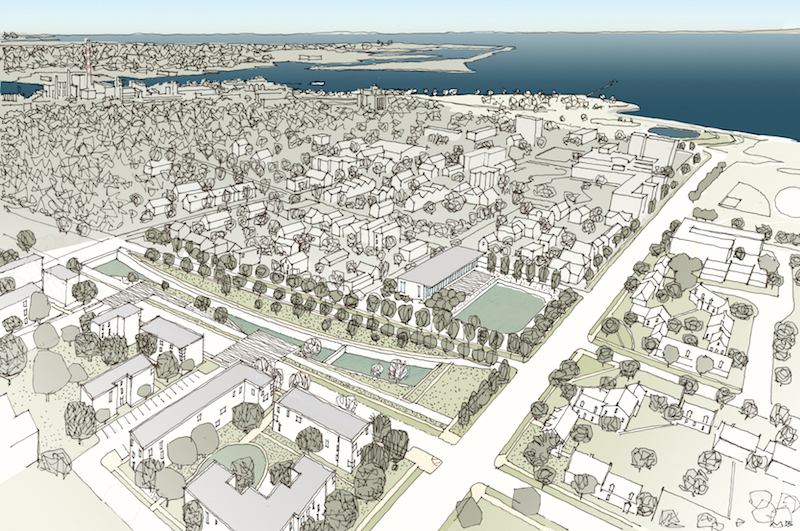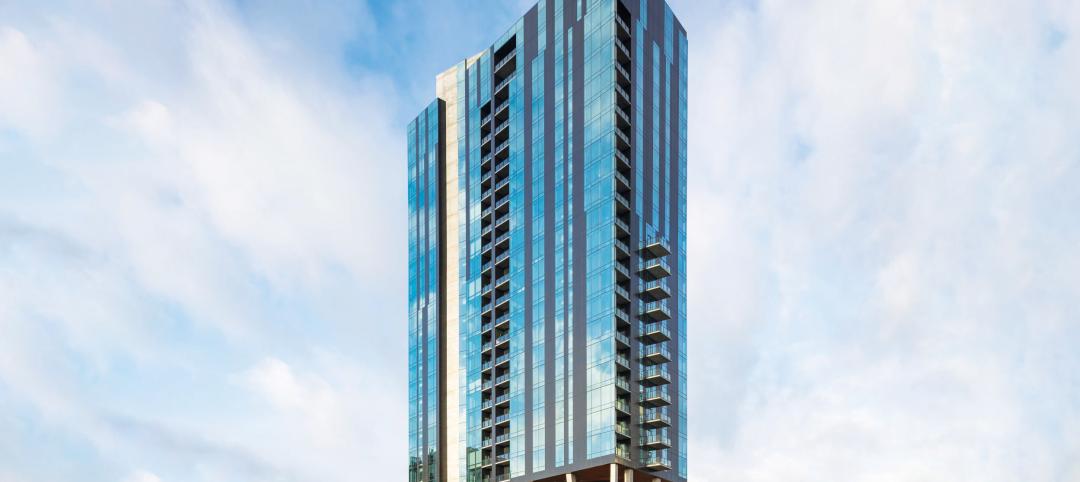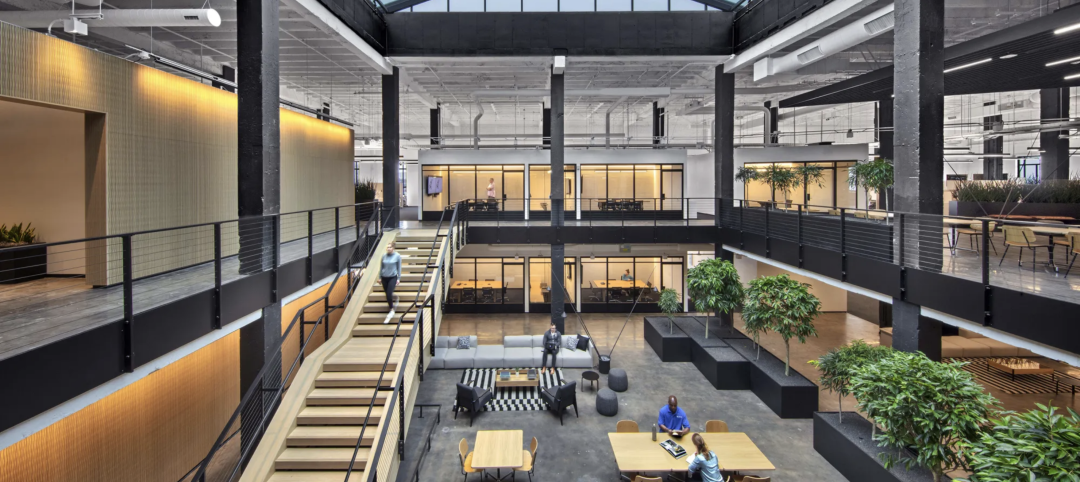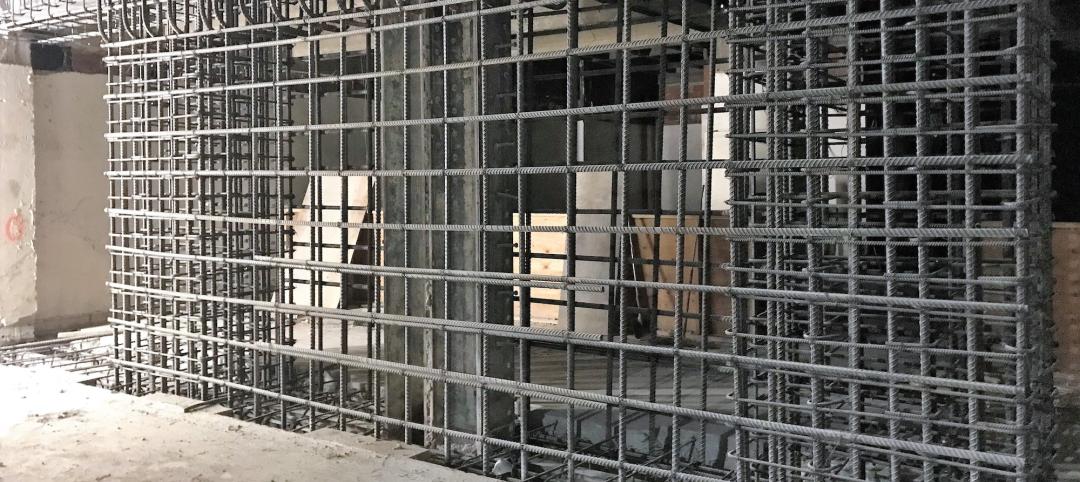The Connecticut Department of Housing has hired a multidisciplinary team to design resilience plans to minimize the impact of future flooding and rising sea levels on the state’s largest city, Bridgeport, where recent storms left streets flooded for days and weakened the city’s infrastructure.
The team includes WSP USA, a leading engineering and professional services firm, which is responsible for project management, public outreach, civil and geotechnical engineering, and environmental assessments. Arcadis, the global design and consultancy firm, is handling this project’s numerical modeling and the design of coastal flood risk reduction structures—such as elevated roadways and pedestrian corridors, levees, and berms—to provide dry egress and reduce flood risk from coastal surges.
Arcadis is also undertaking interior drainage solutions, environmental assessments, and support stakeholder and community engagement.
Waggonner & Ball, a New Orleans-based architectural firm, is collaborating with Yale Urban Design Workshop to lead this project’s architecture and urban design, and coordinate landscape architecture, as well as support public engagement.

A new stormwater system is scheduled to begin construction in the spring of 2019. Image: Courtesy of Waggonner & Ball
The focus of this project—whose construction should start in about a year—will be protecting businesses and residents in Bridgeport’s South End. The project includes the continuation of a Rebuilt by Design pilot project—a $6.5 million stormwater system designed by Arcadis, Waggonner & Ball, and Yale Urban Workshop, with Reed Hillebrand.
That pilot—whose construction is also expected to begin in the Spring of 2019 and be completed in the Fall of 2022—includes a 2.5-acre stormwater park that will be integrated into the urban landscape to store and manage rainwater runoff and relieve the city’s sewer system overflows.
Bridgeport has been trying to mitigate its flooding problems for a while. After Superstorm Sandy in October 2012, the city was awarded $10 million for planning, design, and construction via the federal government’s Rebuild By Design competition.
Arcadis, which has been advising Bridgeport on resilience since 2014, helped the city secure another $41 million million in funding through HUD’s National Disaster Resilience competition for 2015-16.
In its goals for 2017-18, the city of Bridgeport lists the design and construction for the replacement of two bridges, replacing the Eldon Roger Park culvert as part of Phase One of its Ox Brook Flood Control project. The city also plans to implement an inspection of about 40 bridges.
Related Stories
Products and Materials | Jan 18, 2023
6 innovative products for multifamily developments
Here are six innovative products for various multifamily developments, including a condominium-wide smart electrical system, heavy-duty aluminum doors, and prefabricated panels.
Adaptive Reuse | Jan 12, 2023
Invest in existing buildings for your university
According to Nick Sillies of GBBN, students are increasingly asking: "How sustainable is your institution?" Reusing existing buildings may help answer that.
Sponsored | Resiliency | Dec 14, 2022
Flood protection: What building owners need to know to protect their properties
This course from Walter P Moore examines numerous flood protection approaches and building owner needs before delving into the flood protection process. Determining the flood resilience of a property can provide a good understanding of risk associated costs.
Green | Dec 9, 2022
Reaching carbon neutrality in building portfolios ranks high for organizations
Reaching carbon neutrality with their building portfolios ranks high in importance among sustainability goals for organizations responding to a Honeywell/Reuters survey of senior executives at 187 large, multinational corporations. Nearly nine in 10 respondents (87%) say that achieving carbon neutrality in their building portfolio is either extremely (58%) or somewhat (29%) important in relation to their overall ESG goals. Only 4% of respondents called it unimportant.
Green | Dec 9, 2022
Newly formed Net Zero Built Environment Council aims to decarbonize the built world
Global management consulting firm McKinsey recently launched the Net Zero Built Environment Council, a cross-sector coalition of industry stakeholders aiming to decarbonize the built world. The council’s chief goal is to collaboratively create new pathways to cut greenhouse gas emissions from buildings.
Adaptive Reuse | Dec 9, 2022
What's old is new: Why you should consider adaptive reuse
While new construction allows for incredible levels of customization, there’s no denying that new buildings can have adverse impacts on the climate, budgets, schedules and even the cultural and historic fabrics of communities.
75 Top Building Products | Nov 30, 2022
75 top building products for 2022
Each year, the Building Design+Construction editorial team evaluates the vast universe of new and updated products, materials, and systems for the U.S. building design and construction market. The best-of-the-best products make up our annual 75 Top Products report.
Seismic Design | Nov 16, 2022
SPC-4D: 7 reasons California hospital building owners should act now to meet seismic compliance
Seismic compliance with the applicable California building codes is onerous and disruptive for building owners, especially for a building in the heavily regulated sector of healthcare. Owners of older buildings that house acute care services have a big deadline on the horizon—Jan. 1, 2030, the cutoff date to upgrade their buildings to SPC-4D.
Energy-Efficient Design | Nov 14, 2022
How to achieve net zero energy in five steps
Martine Dion and Ethan Seaman share net zero energy best practices with owners and developers.
Resiliency | Nov 8, 2022
Oregon wildfire risk law prompts extensive backlash from property owners
A bipartisan bill aimed at protecting property owners from wildfires that was passed by the Oregon legislature has prompted a strong backlash.
















